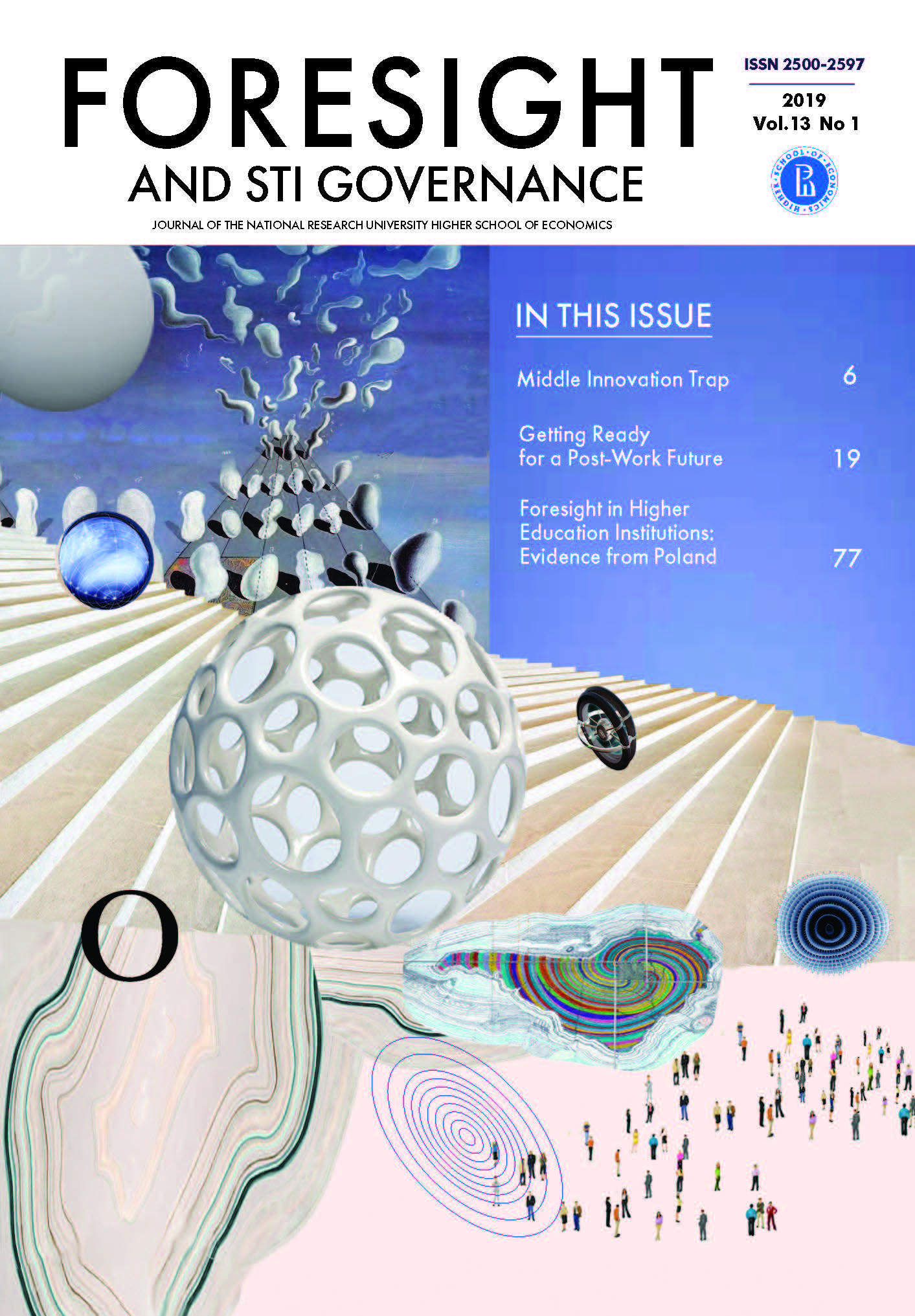Abstract
The article explores the relationship between economic development, technology, and energy consumption. It would be hard to imagine technological and social progress without the energy supply that fuels the growth of people’s well-being. Thanks to the “energy revolution” of the last century, a technological explosion became possible, including the development of an information society. The free supply of energy is the most important factor determining long-term trends in the development of the world economic system. At the same time, the author shows that at a certain stage of economic development, reserves of free energy resources begin to run low. The emergence of energy shortages is becoming probable, which can restrain further progress. The modern concepts of sustainable development are rightly singled out as one of the most important tasks for limiting the use of traditional, non-renewable energy resources. This is important not only in the ecological sense, but also economically. At the same time, the given concept pays special attention to renewable energy sources, the efficiency and volume of which can not yet be compared with the indicators for hydrocarbon use. The author believes that the very concept of sustainable development runs counter to the aims of humanity to maintain progress. Often, technologies that are designed to reduce the wasteful consumption of fossil fuels lead to additional costs. The author suggests that one objectively analyze the risks of implementing the concept of sustainable development and also warns against unfounded illusions and delusions that can plunge society into a prolonged state of stagnation and regression.

